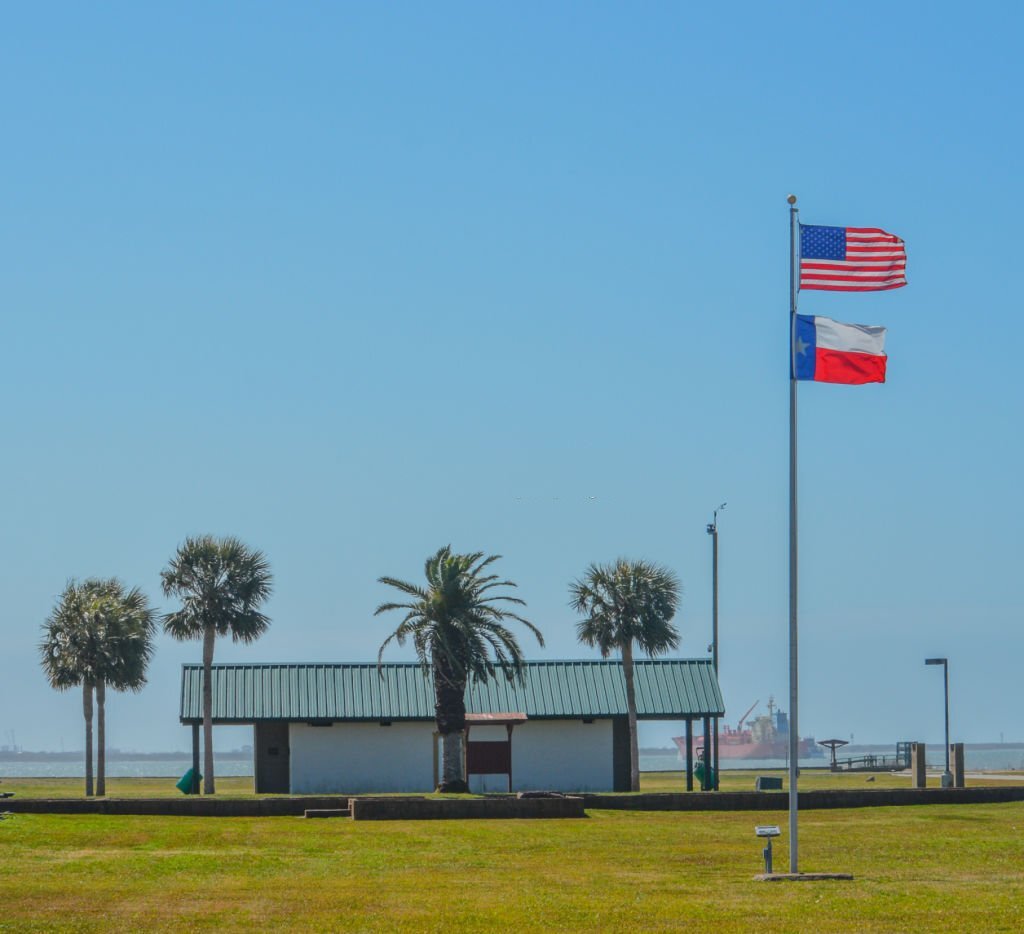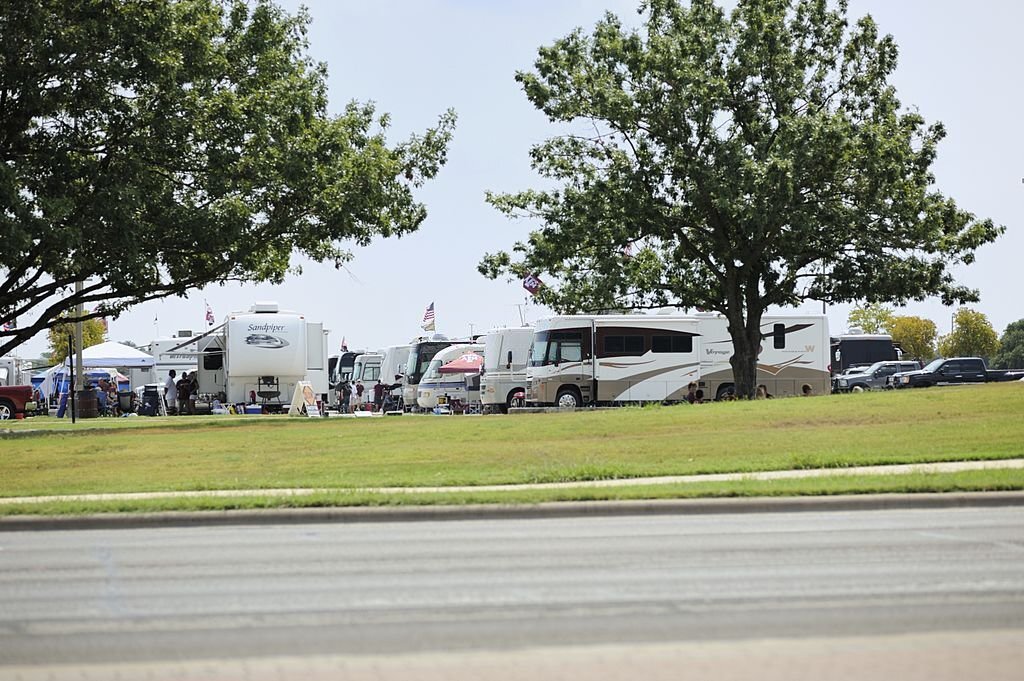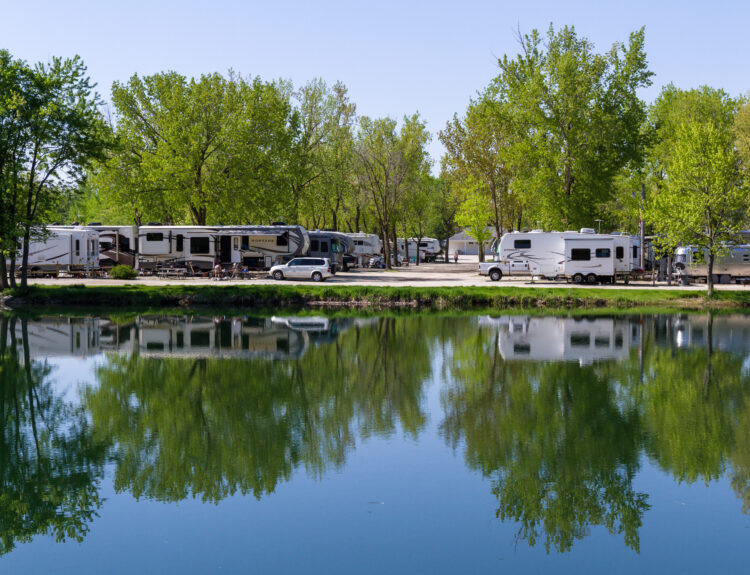The Lone Star State has long been a mecca for RV enthusiasts, boasting vast landscapes, rich cultural experiences, and a booming tourism industry. But did you know that Texas is also an excellent place for RV park investing?
Whether it’s the allure of the Gulf Coast, the scenic hill country, or iconic cities like Austin and San Antonio, Texas offers a diverse array of attractions that make it an ideal setting for RV parks.
With a favorable business climate, a large geographic area that includes deserts, mountains, and beaches, and a regulatory framework that supports entrepreneurship, the state has all the ingredients you need to create a successful RV park.
Here, we’ll walk you through every step of how to build an RV park in Texas.
Why Texas is an Ideal Location for an RV Park
Texas is one of the most popular destinations for RVers in the US. Industry statistics in 2022 showed that Texas remains the top destination for RV shipments in the United States, as it receives 9.96% of total RV wholesale shipments. Moreover, the state has a large and diverse market of RVers, ranging from retirees and snowbirds to families and millennials.
Several factors contribute to the unprecedented boom in the RV Industry in Texas:
- Booming Tourism Industry: The state attracts millions of visitors each year, from winter Texans escaping the cold to summer vacationers.
- Favorable Climate: The year-round warm weather is ideal for outdoor activities, enticing RV enthusiasts to extend their stays.
- Large Geographic Area: Texas’ diverse geography offers a multitude of settings for an RV park, whether near a beach, forest, or mountain.
- Pro-Business Regulations: Texas is known for its business-friendly laws, providing a supportive environment for entrepreneurs.
The Step-by-Step Guide to Building an RV Park in Texas
Building an RV park in Texas is a process that requires thorough planning and execution.
Here’s a step-by-step guide to help you navigate through the journey:
Step 1: Understand the Market
Initiating your RV park venture begins with a thorough understanding of the market. The RV industry is booming in Texas, but you’ll still need to conduct market research to identify your target demographics, competitors, and possible pricing strategies. Study factors such as regional demand, seasonal influx, and the amenities most sought after by RV travelers.
Market research is important for planning and designing your RV park according to the needs and preferences of your target market. It also helps you identify your niche and find a suitable location for your RV park. These foundational data points will help you make well-informed decisions throughout the development process.
Step 2: Location Scouting
Arguably one of the most important factors for the success of your RV park is its location. When selecting a site, consider proximity to tourist attractions, main highways, and essential services like grocery stores and gas stations. Geographic considerations like soil quality, flood risks, and local wildlife should also be evaluated.
Some RV owners prefer locations that are near water bodies or offer panoramic views, while others may look for easy access to hiking trails or downtown areas. Conduct a thorough analysis to make sure your chosen location aligns well with the market demand.
Step 3: Business Plan and Financing
After you have a good sense of the market and a location in mind, you need to create a comprehensive business plan. This should outline your business objectives, estimated investment, revenue projections, and an action plan for the first few years. This document will not only serve as a roadmap for your business but is also critical for securing financing.
You’ll likely need loans or investors to cover the substantial initial costs, and a solid business plan will make you a more attractive investment candidate. Financial institutions may also require cash flow projections and other financial metrics.
Step 4: Regulatory Compliance
Navigating the legal landscape is essential for the long-term success of your RV park. Start by understanding local zoning laws, as these will determine whether you can legally establish an RV park in your desired location. You’ll also need various permits and approvals, including building permits and environmental clearances.
Consult legal experts and local authorities to ensure that you meet all local, state, and federal regulations. Non-compliance can lead to legal troubles and financial penalties, impeding your business operations.
Step 5: Infrastructure Development
Once you’ve secured the necessary permissions, it’s time to build your RV park’s infrastructure. Elements to consider include internal roadways, utility installations like water, electricity, and sewage, as well as communal amenities like restrooms, laundry rooms, and recreational areas.
You might also consider including unique amenities like swimming pools, pet-friendly zones, or outdoor movie screens to attract more visitors. Employ a professional contractor experienced in RV park construction for the job. This will ensure that your infrastructure is not only robust but also meets industry standards for safety and quality.
Step 6: Hire Staff
No RV park can run efficiently without a reliable and skilled team. Depending on the size and scale of your park, you’ll need a diverse staff to handle reservations, maintenance, security, and customer service. You may also need specialized staff if your park offers unique amenities like a restaurant or guided tours.
Training is essential to provide the highest level of service, so consider investing in staff development programs. Your team is the face of your business, and their performance directly affects customer satisfaction and, ultimately, your bottom line.
Step 7: Market and Promote Your RV Park
Lastly, but just as importantly, comes the marketing and promotion of your RV park. Digital marketing strategies like Search Engine Optimization (SEO), social media campaigns, and targeted email marketing can give you a broad reach. Traditional advertising means like billboards, flyers, and partnerships with local businesses are also effective.
Consider offering special promotions or discounts to attract your first wave of customers. Always keep track of which marketing strategies are most effective to refine your efforts and get the best return on investment.
But there is certainly nothing more crucial for an RV park to be successful in the digital arena than having a great RV park website.
With this in mind, and leveraging our experience at helping RV parks thrive in the digital era, we created Premium Website Builder, a solution that helps RV parks boost their growth with distinctive and top-notch websites. We start with an SEO audit to improve your website’s visibility on Google, and then we create a tailor-made website that showcases your park and increases your customer appeal.
Keep reading our blog to learn more about how to build and run successful RV parks in North America!








